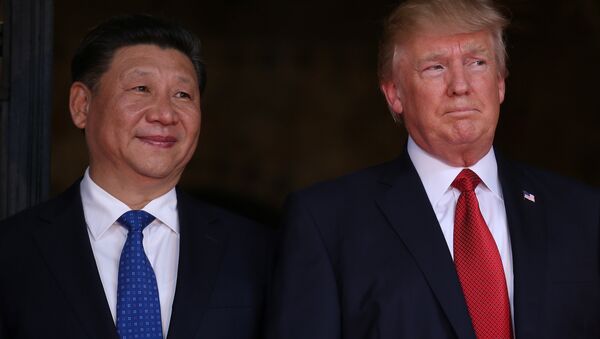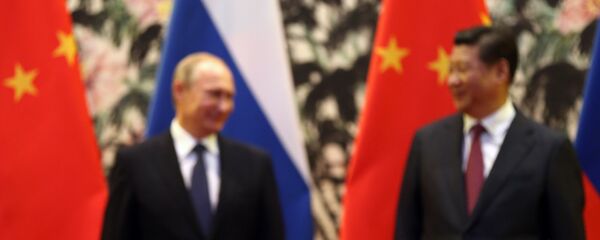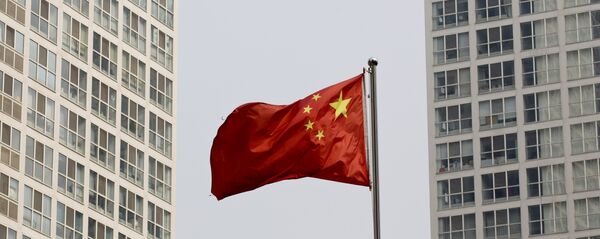The 7th EU-China Strategic Dialogue will take in Beijing from April 18th to 20th. Two of the world's biggest economies have to solve a heap of problems: how to reconcile globalization and free trade with protectionism; to ensure the development of Sino-EU ties amid the "two-speed" Europe talk and how not to allow Washington to strike an investment agreement with Beijing before Brussels.
While Beijing is signaling its willingness to maintain closer ties with the EU, Trump's political maneuvers have spiced up the situation.
Contrary to Sino-American "trade war" concerns, Trump and Chinese President Xi Jinping have recently agreed to a new 100-day plan for trade talks to reduce the US' trade deficit with China.
On the other hand, Trump signaled Sunday that he will no longer call China a currency manipulator.
"Why would I call China a currency manipulator when they are working with us on the North Korean problem? We will see what happens!" the US President tweeted.
Why would I call China a currency manipulator when they are working with us on the North Korean problem? We will see what happens!
— Donald J. Trump (@realDonaldTrump) 16 апреля 2017 г.
For Brussels that means that Beijing may redirect its investment flows from the EU to the US. The EU leadership is now facing a dilemma of outpacing Washington in the race for Chinese investments and at the same time not allowing Beijing to gain an upper hand in the European market.
However, to complicate matters further the EU-Chinese steel conflict goes on.
"The European Union slapped Chinese steel imports with new anti-dumping duties Thursday, heightening a growing conflict in which each side accuses the other of unfair trade practices," The Wall Street Journal reported on April 6.
Commenting on the matter, Chen Fengying, an expert at the Chinese Institute for Modern International Studies, highlighted that Brussels' double-standard approach does not add to the development of Sino-EU relations.
"On December 12 [2016], China sent a request to the WTO commission to hold consultations on resolving disputes related to the introduction of the US and EU anti-dumping measures based on the surrogate country principle," Chen told Sputnik Chinese.
"Under the surrogate country approach, WTO members use costs of production in a third country to calculate the value of products from countries on its 'non-market economy' list, which includes China. The practice allows countries to levy high tariffs easily in trade disputes," Xinhua elaborated on December 12, 2016.
Although the WTO dispute settlement was officially launched in late 2016, the international organization has yet to establish a special group, Chen said.
"The final decision is taken by WTO arbitration. The WTO's activities are very routine, the conclusion can be actually made after six months, but during this time, China may already be forced out of the market. Therefore, the Chinese, for their part, can also take countermeasures," the Chinese expert told Sputnik.
Apparently, Beijing and Brussels hope that the upcoming summit will help the economies to ease tensions. For its part, China is seemingly interested in demonstrating its commitment to develop EU-Chinese ties based on globalization principles to Washington.
However, the question arises whether or not the EU and China will manage to offer ways to solve existing contradictions during the 7th EU-China Strategic Dialogue.




